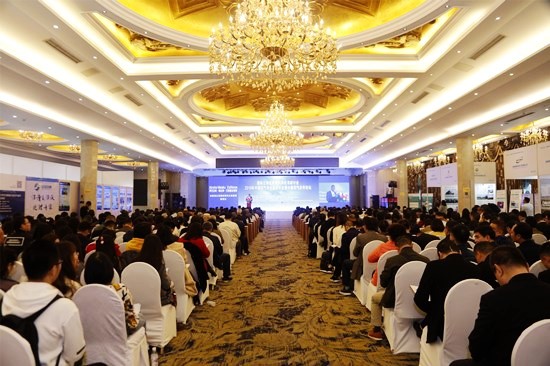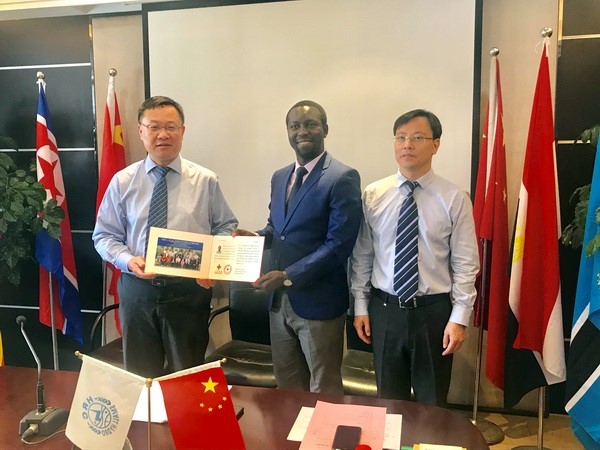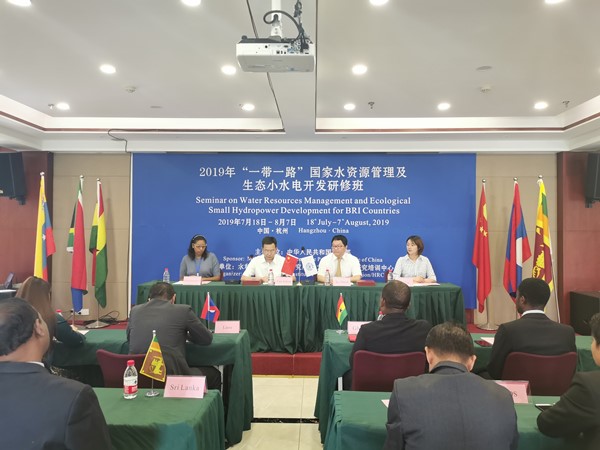By Charles Onunaiju
After nearly a decade and a half, the BRICS platform has become a consequential and formidable multilateral international mechanism, shaping the emerging trend of inclusive global governance.
Since the first summit in 2009 in Yekaterinburg, Russia, the mechanism has grown phenomenally in consolidating its internal consultative framework and has extended its outreach through the "BRICS Plus" approach.
The members of BRICS — Brazil, Russia, India, China and South Africa — are heavyweights in their own right as major emerging economies. However, they seized the opportunity to consolidate as an international mechanism, not only to enhance cooperation among themselves, but to invest in the trend of globalization through multilateralism, opening a new vista for inclusive and participatory global governance.
The opportunities for broad economic and financial inclusion, featuring market access, investments and a trend away from a dominant international currency, offer countries in Africa a crucial entry point to the global economy through proper integration with the international value chain.
The early optimism about BRICS, when its members were just being seen as the emerging and hopeful economies of the 21st century, has proved self-fulfilling. BRICS countries have overtaken the G7 advanced Western capitalist economies in terms of contribution to the world economy, accounting for one-third of global economic activity.
The economies of the various countries in Africa have largely been constrained by the traditional structure of the global economy, in which they are mostly limited to a market share of commodities. This nature of the global economy has imposed a structural constraint in which the economies of African countries became dominated by a single commodity or a set of commodities, without the benefit of the multiplying effects of value addition. This has considerably constrained industrial capacity in the region and stalled any meaningful efforts toward economic diversification.
BRICS membership or outreach to Africa would not be a magic wand to wave off the decades of structural distortion and disarticulation of economies in the region fostered by the unequal relationship with the Global North. However, it would provide impetus and enable African countries to shake off the structural gridlock that has mostly shackled these nations, despite their best efforts.
The openness and inclusiveness of the BRICS framework would provide the objective conditions for African countries to recalibrate and retool their economic outlook to benefit from the reciprocal economic exchanges that are at the heart of BRICS dynamics.
The BRICS promise to be inclusive and embrace a broader cooperation mechanism is not a fluke.
At the 14th BRICS Summit, held by video link last year, President Xi Jinping urged his counterparts to uphold openness and inclusiveness and pool collective wisdom and strength, adding that BRICS countries are not a closed circle but a big family of mutual support and a partnership for win-win cooperation.
Xi noted that over the past five years, BRICS has organized a variety of "BRICS Plus" events that have served as a platform for cooperation among emerging markets and developing countries and set a prime example of South-South cooperation.
African countries, which have had extensive and pragmatic cooperation with China in people-to-people exchanges and bilateral relations as well as in the multilateral frameworks of the Forum on China-Africa Cooperation and the Belt and Road Initiative, have experienced practical and tangible outcomes that have considerably supported their economic transformation. With the BRICS mechanism, either through outright membership or more concerted outreach, they can gain a clear understanding of the transformative impact of BRICS.
The Ukraine conflict has awakened African countries to the mortal dangers of geopolitical alliances and bloc confrontation. During the Cold War, African countries insulated themselves from the ideological and military confrontation through the Non-Aligned Movement. However, the conflict in Ukraine and efforts led by Washington and Brussels to compel African countries to line up behind their proxy war with Russia have encouraged reflection on a prospective and genuine multilateral international framework that is neither an alliance nor an exclusive club. The BRICS mechanism fits the bill.
African countries that have had to stave off pressure from NATO view BRICS as a reincarnation of the Non-Aligned Movement, a historical framework of positive neutrality.
The 15th BRICS Summit in South Africa will be a watershed moment for African countries in particular, and the developing Global South in general. South Africa, the summit chair, has already invited all African countries and many other countries from the Global South.
The African Continental Free Trade Area, the world's largest trade area, will be spurred by BRICS engagement. This also offers a unique opportunity for BRICS itself, as the zone can generate momentum for BRICS to rationalize its outward investment in a huge market with potential investment returns.
Africa and BRICS have complementarity in opportunities, costs and even risk sharing. All these prospects are not going to be freely available, given that the Global North and especially the United States-led Western alliance, long used to a "rules-based international order" being drawn and set exclusively by it, will not watch gleefully while their well-crafted global hegemony unravels.
Despite the contemporary trend and historical process validating and supporting multilateralism, there should be no illusion that this can be secured without a struggle. BRICS stands on the threshold of history and must exert itself to the utmost to reserve a place in history.
The author is director of the Center for China Studies in Abuja, Nigeria.
Source: China Daily Global







